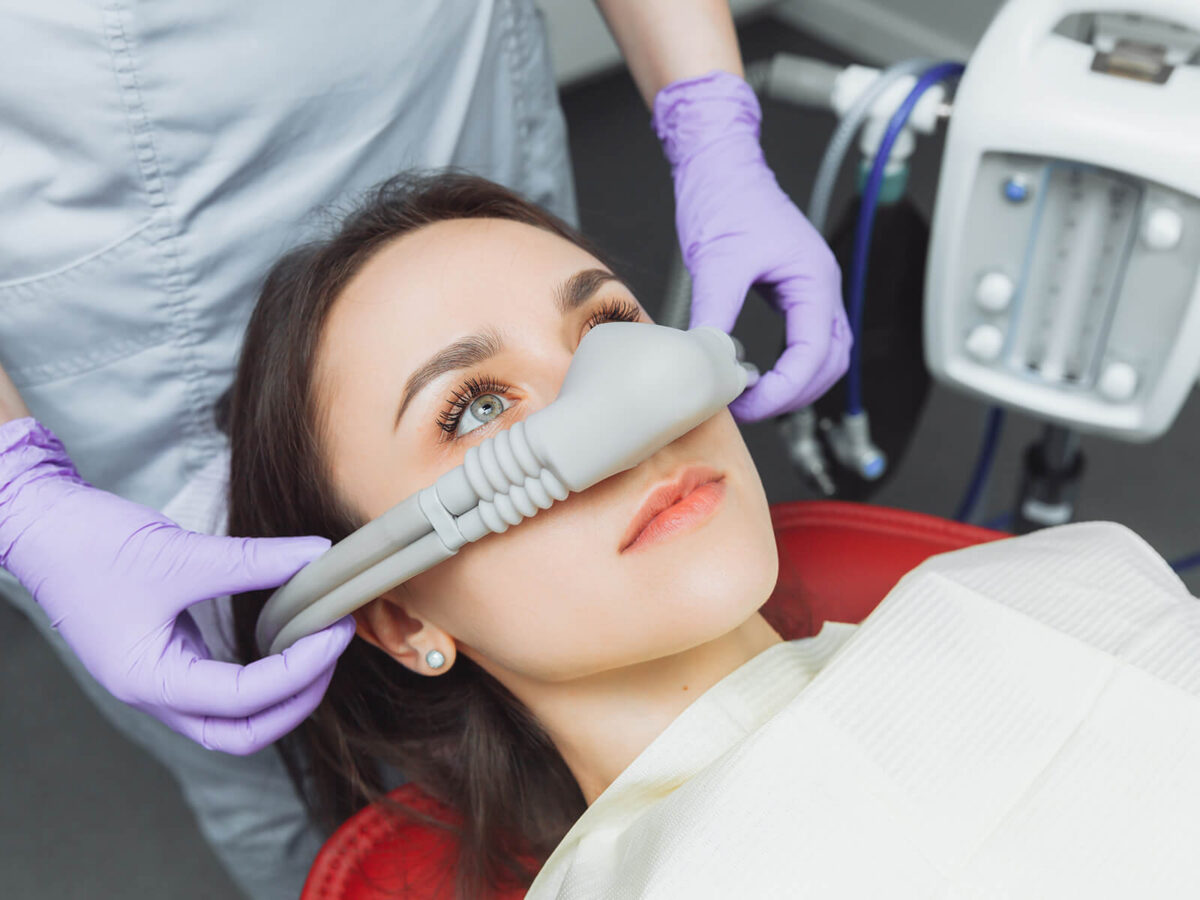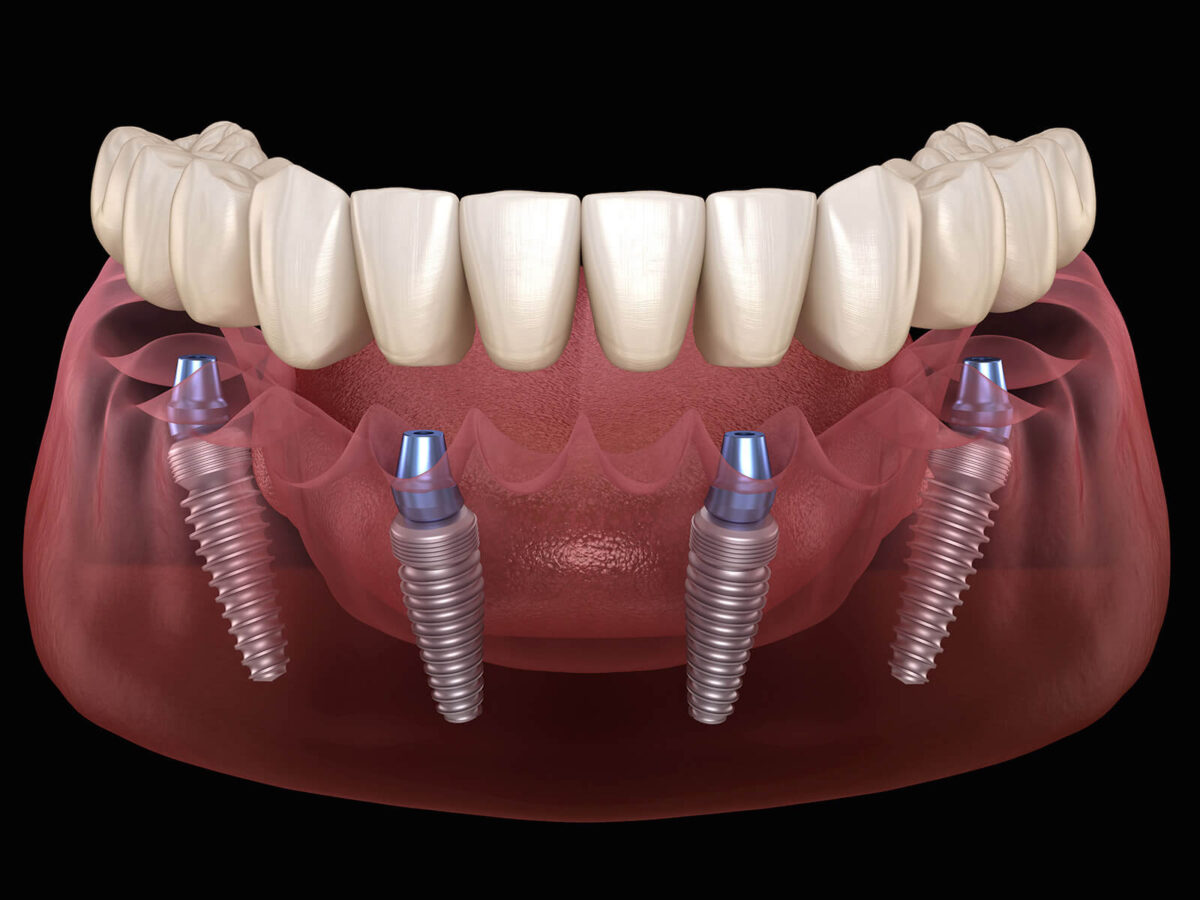Sedation Dentistry: A Gateway to Stress-Free Oral Health
The fear of dental procedures is a common barrier preventing individuals from seeking necessary dental care, potentially compromising their oral health. Sedation dentistry emerges as a revolutionary solution, offering a pathway to undergo dental treatments in a relaxed, anxiety-free environment. This article delves into the nuances of sedation dentistry and its pivotal role in enhancing patient comfort and ensuring the maintenance of optimal oral health.
Understanding the Essence of Sedation Dentistry
Sedation dentistry utilizes various forms of sedatives to help patients achieve a state of calm and relaxation during dental procedures. Tailored to meet the specific needs and concerns of each patient, sedation levels can range from mild to deep, enabling a customizable approach to dental care that addresses everything from mild anxiety to more profound dental phobias.
Exploring the Spectrum of Sedation Options
Sedation dentistry offers multiple methods to suit diverse patient needs, including:
- Nitrous Oxide (Laughing Gas): This mild sedative is administered through a mask, inducing a state of relaxation without significant downtime, allowing patients to resume their daily activities post-appointment.
- Oral Sedation: Taken in pill or liquid form before the procedure, oral sedation provides a deeper level of calm, suitable for patients with moderate anxiety, though it may require someone to escort the patient home.
- Intravenous (IV) Sedation: For a more profound sedation effect, IV sedation delivers sedatives directly into the bloodstream, ideal for complex dental procedures or patients with severe dental anxiety, under strict professional monitoring.
The Advantages of Opting for Sedation Dentistry
Sedation dentistry is not merely about alleviating anxiety; it offers tangible benefits that extend to various aspects of dental care:
- Anxiety Reduction: Sedation is instrumental in diminishing fears, transforming dental visits from stressful to manageable experiences.
- Enhanced Pain Management: By dulling discomfort, sedation contributes to a more comfortable procedure and recovery period.
- Facilitated Dental Work: Relaxed patients enable dentists to perform treatments with greater efficiency and precision, often allowing for multiple issues to be addressed in a single visit.
- Promotion of Regular Dental Care: The positive experiences facilitated by sedation dentistry encourage patients to maintain regular dental visits, crucial for long-term oral health.
Is Sedation Dentistry Suitable for You?
Sedation dentistry may be an excellent option for individuals who:
- Experience dental anxiety or phobia
- Have difficulty remaining still for extended periods
- Possess a sensitive gag reflex
- Require extensive dental procedures
- Have had negative dental experiences in the past
If considering sedation dentistry, it’s essential to consult with a dental professional who can evaluate your specific needs and recommend the most appropriate sedation method.
Conclusion
Sedation dentistry stands as a beacon for individuals struggling with dental anxiety, offering a stress-free route to achieving and maintaining optimal oral health. By alleviating fears and discomfort, this approach not only improves the dental experience but also ensures patients no longer delay necessary treatments due to anxiety. Embrace the benefits of sedation dentistry and step into a future where dental care is synonymous with comfort and tranquility.



